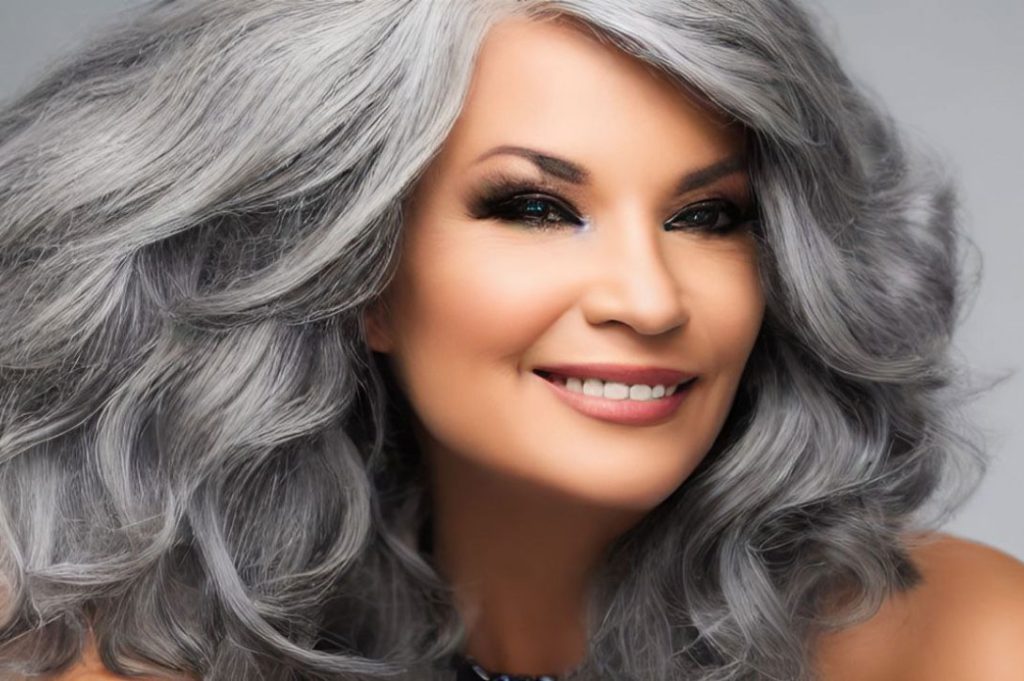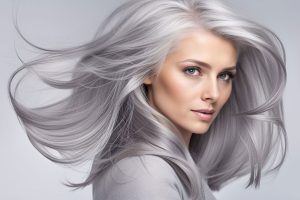Dry Shampoo: The Quick Fix in the Hairdresser’s Arsenal
Hair care is as much an art as it is a science. While the traditional, thorough wet shampooing will always have its place, the rise of dry shampoo products, especially in a hairdresser’s toolkit, speaks volumes about changing needs and adaptability. But what exactly is dry shampoo? When and why should it be used, and are there any caveats?

Understanding Dry Shampoo
Dry shampoo is essentially a quick hair-refreshing solution. Instead of the conventional method of washing hair with liquid shampoo and water, dry shampoos, usually in powder or aerosol form, are directly applied to the hair. Their primary function? To absorb and eliminate excess oils and impurities, granting hair a fresher appearance.
The Role of Dry Shampoo in a Hairdresser’s World
- Client’s Health Considerations: There are situations when traditional shampooing isn’t practical. Elderly clients, for instance, may find the experience of leaning back for a wet shampoo uncomfortable due to the pressure exerted on their neck. In such scenarios, dry shampoo offers a convenient alternative.
- Extending the Life of a Hairstyle: For those moments when a full wash isn’t possible or convenient, dry shampoos can act as a saving grace. By effectively removing excess oils, dry shampoos can revitalize a hairstyle, bringing back its volume and shine, ensuring it lasts until the next wash.
- Versatility of Products: The market offers a plethora of dry shampoo options. While aerosol variants are popular for their ease of use, loose powder products can add texture—perfect for enhancing styles on fine, limp hair.
Usage Tips and Considerations
- Not a Complete Substitute: It’s crucial to remember that dry shampoo is not meant to permanently replace wet shampooing. While it’s effective for quick touch-ups, only traditional shampooing can offer a thorough cleanse.
- Potential Buildup: Regular and exclusive use of dry shampoos can lead to product buildup. This not only weighs down the hair but can also cause scalp irritations.
- Chemical Services Alert: Planning a chemical treatment for your client? Steer clear of dry shampoo right before the service. Residue from the dry shampoo can interfere with the chemicals, leading to unpredictable results.
- Always Follow Directions: Different products come with varied instructions. Always adhere to the manufacturer’s directions to achieve the best results and avoid any potential hair or scalp issues.
Conclusion
Dry shampoo is undeniably a game-changer in the realm of hair care. Its rise in popularity underscores the evolving needs of modern clients and the hairdressers’ commitment to meeting them. As with all products, the key lies in understanding its purpose, benefits, and limitations. When used judiciously, dry shampoo can be a hairdresser’s secret weapon, ensuring clients always leave the salon looking and feeling their absolute best.






